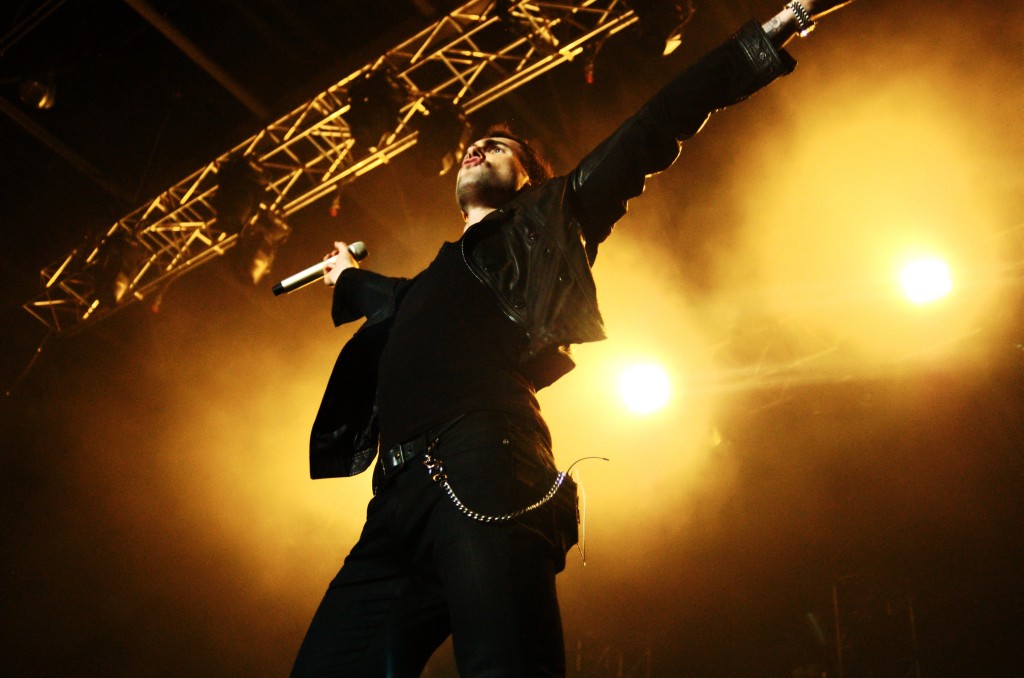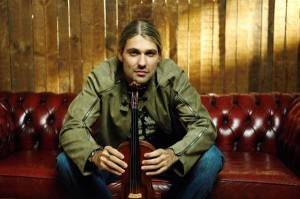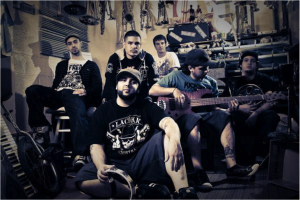By Tom Roth
Thievery Corporation
House of Blues
September 7, 2011
When DC-based Thievery Corporation performs, the resulting experience is something more akin to a visit to the UN than a typical concert.
Such it was for two nights in San Diego’s Land of Lights and Smells known as the Gaslamp District when Thievery Corporation brought their platoon of troubadours to the House of Blues.
For those unacquainted with “The Corporation” as they referred to themselves onstage, the group consists of founding fathers Rob Garza and Eric Hilton, whose 1995 union created a nucleus around which a dizzying roster of accompanists orbits. During their most recent show in San Diego, no fewer than one dozen performers assisted in bringing trip-hop music to the stage.
Playing tracks off their latest release, Culture of Fear, Thievery Corporation swung the crowd from plodding to pounding, the most energetic being the socially-conscious condemnation of the IMF, “Vampires.” Despite the harsh lyrical indictment, the crowd bobbed and waved happily in keeping with the general mood of the show.
When there’s as much diversity onstage, it’s hard to act otherwise. As easily as Rob Myers moved seamlessly from guitar to sitar, guest vocalists trotted on and off stage dressed in everything from traditional African garb to hotel doorman costumes. While steel drum rhythms competed with trumpet blasts, the harmonious groove massed and rose off the stage, past the Star of David, moon and crescent, and crucifix. Before the sounds evaporated into the night, a painted inscription passed above the performers: Unity in Diversity.
Diversely united, indeed.











Connect: